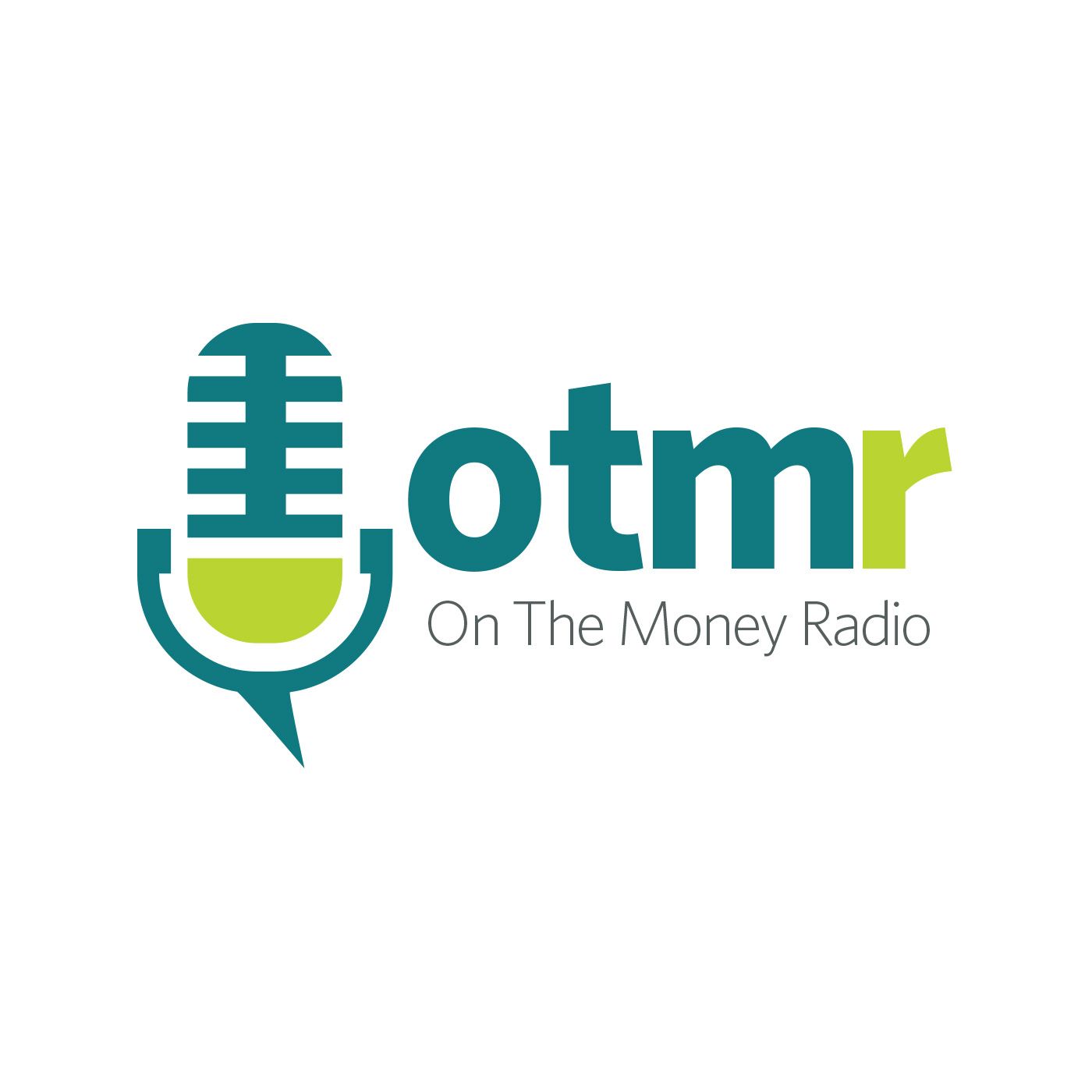Get Approved For A Mortgage Without Sticking A Fork In Your Eye

With Elysia Stobbe, Author \u2013 How to Get Approved for the Best Mortgage Without Sticking a Fork in Your Eye: A Comprehensive Guide for First Time Home Buyers and Home Buyers Getting a Mortgage Since the Mortgage Crisis of 2008
Did you know that over 50% of mortgages don't close? Do you know how much home you can buy? Do you know how much paperwork in involved? Most people don't know how much home purchasing power they have, how much to expect for closing costs (varies by state), or how much paperwork is involved when applying for a home loan to get approved for a mortgage. Most people have no idea the difference between loan programs from bank to bank, lender to lender, or broker to broker- or what the differences are between the main types of residential mortgage providers. Most people have no criteria for choosing a lender, the type of loan to seek, or how much down payment is best for them. For example, are there differences between the types of property that may affect down payment?
Elysia\u2019s book hands out excellent tips on how to get approved for a mortgage. She\u2019s a mortgage broker, has been in the industry for over 13 years and closed more $250 million in residential mortgage loans during her career.
The mortgage industry is packed with nuance, which can lead to confusion for the consumer. While trying to buy a home, you may have people from many different professions telling you what you should do and how to make decisions to get approved for a mortgage \u2013 so who should you listen to in which situations?
Your most personal financial information is critical to the mortgage process and yet do you know who you are sending it to? What about mortgage insurance? Why is it required and when?
The two questions she hears most often hear are: "What's the payment?" and, "What's the interest rate?" While these questions are important, there are several other questions that are just as critical: what is the right loan type for you; is there an up-front funding fee for the loan; what are the differences in available mortgage insurance; how will property type restrictions affect your loan; what are the pros and cons of the loan; what is the down payment requirement with this loan choice over another; what are the closing costs associated with each loan type; and, who is allowed to pay the closing costs? Successfully navigating the maze of questions, regulations, and requirements ultimately leads to a mortgage closing.